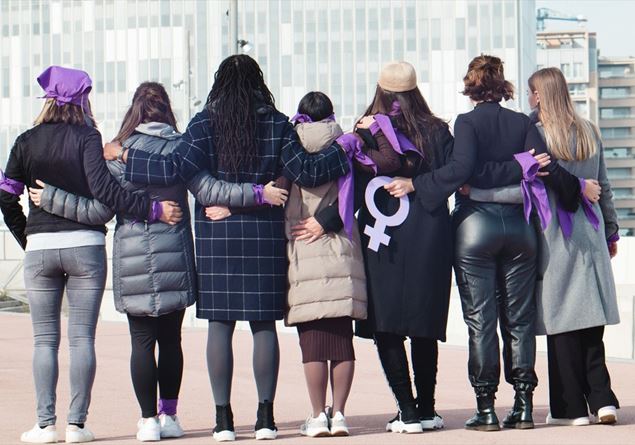Archaeologists felt overwhelmed by such a discovery.
After 12 years of excavations, a team of British-Egyptian archaeologists unearthed the tomb of a famous pharaoh, the last royal tomb of the 18th Egyptian dynasty that was thought to be lost. This discovery is all the rarer and more exceptional because it occurs more than 100 years after that of the King Tounkhamon revealed by Howard Carter in 1922, reports the Egyptian Ministry of Tourism and Antiquities. The pharaoh in question is called Thoutmôsis II and would have reigned from 1493 to 1479 BC.
Nestled under a waterfall in the Theban mountains near the city of Lurxor, 2.4 km west of the Valley of Kings (famous place of royal burial), the tomb took more than 2 years to be identified since it was almost empty. Archaeologists suspect that it was flooded shortly after the burial of the pharaoh, which forced the displacement of the body and the funeral furniture. Despite everything, archaeologists have found objects and fragments of alabaster vase bearing the names of Thoutmôsis II and his wife Hatchepsout, which made it possible to formally identify the grave. The tomb is colossal: it measures 29 meters long and shelters a 75 m³ funeral chamber in which plaster fragments covered with blue inscriptions, yellow star motifs and extracts of religious funerary text was located on the ceiling.
Archaeologists felt overwhelmed and never thought of making this discovery because the location is “surprising for the grave of a king“. Given the location of the tomb (under a waterfall, editor’s note), the latter should have sank and disintegrate with humidity.”We dream of such things. But like winning the lottery, you never believe it. The emotion felt when you embark on these things is simply a feeling of extraordinary perplexity, because when you come across something you did not expect to find, it is really extremely turbulent on the emotional level (…) And when I got out, my wife was waiting for me outside, and the only thing I could do was melted in tears“, confides to the BBC Dr. Piers litherland, archaeologist at the New Kingdom Research Foundation and director of excavations.
As a surprise often hides another, archaeologists have decided to dig even more deeply and hope to discover a second fall, this time intact and perhaps containing the mummified body of the pharaoh as well as his funeral goods. This perspective further increases the importance of discovery, because such a grave could provide unprecedented information on the lifestyle of the pharaohs of the old empire and enrich our understanding of ancient history.








